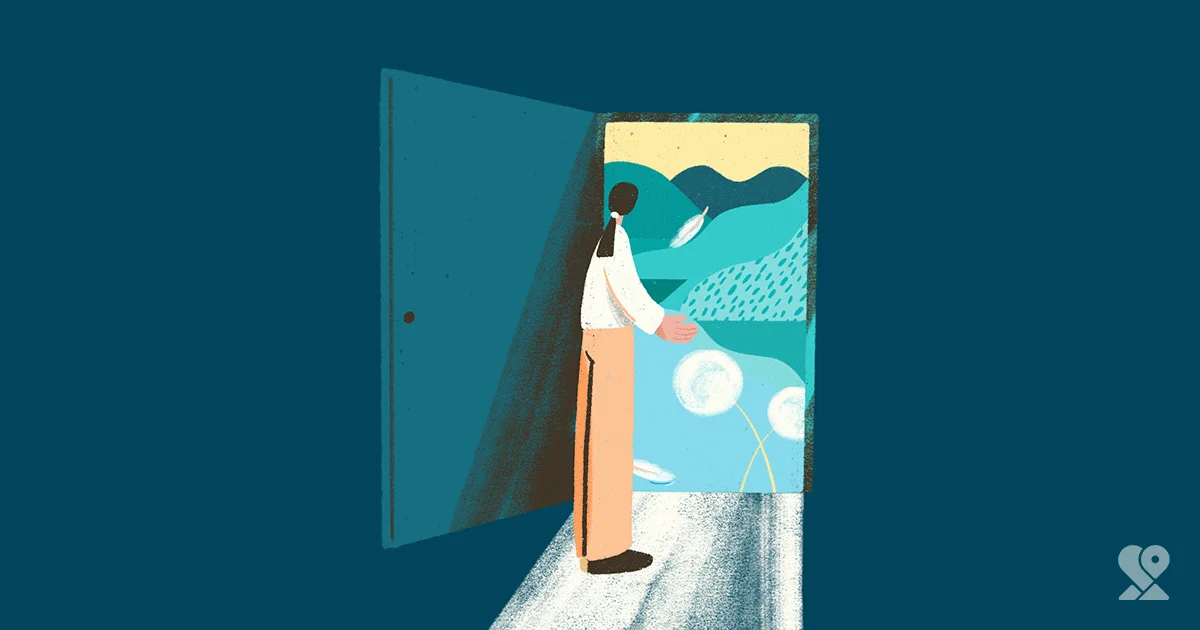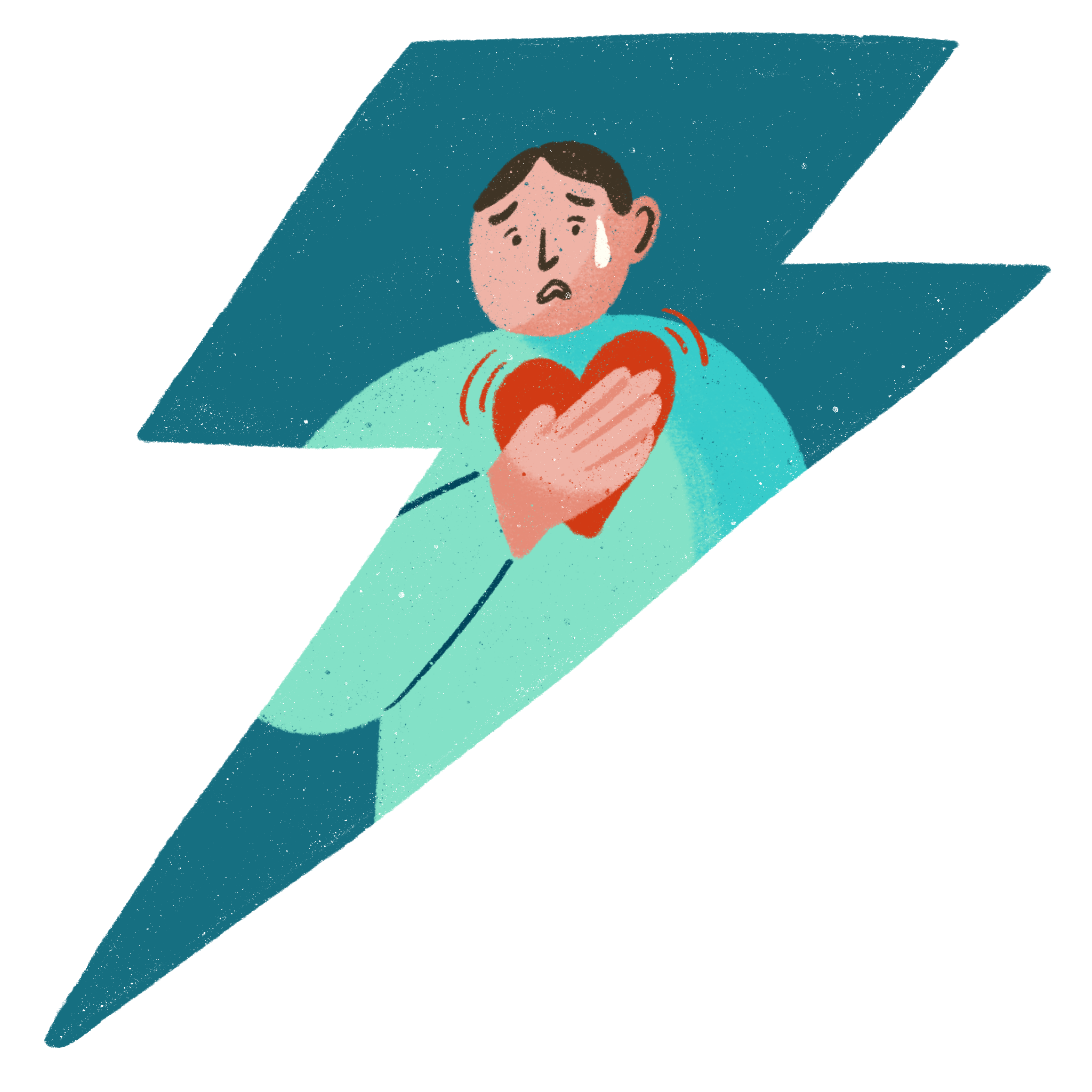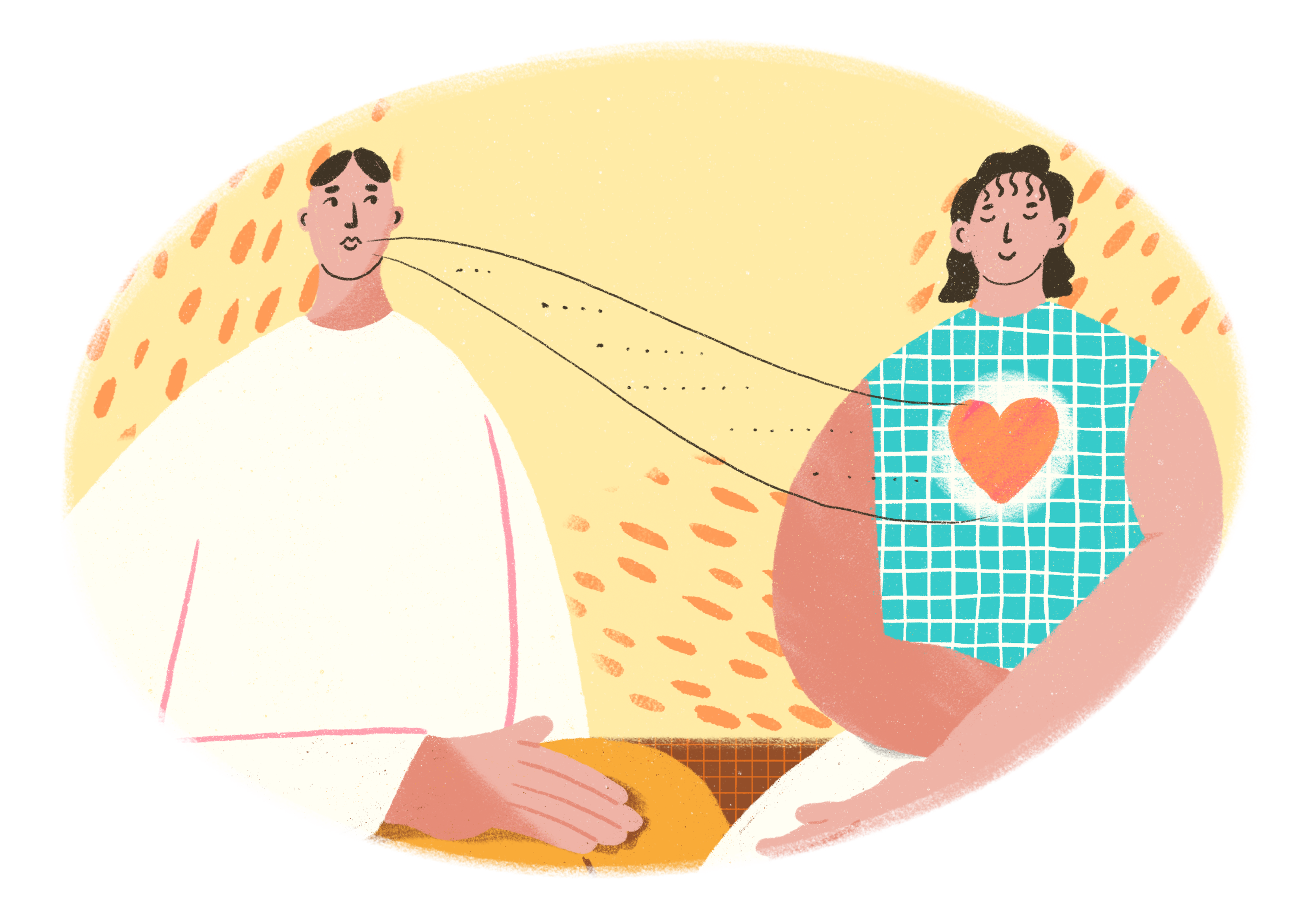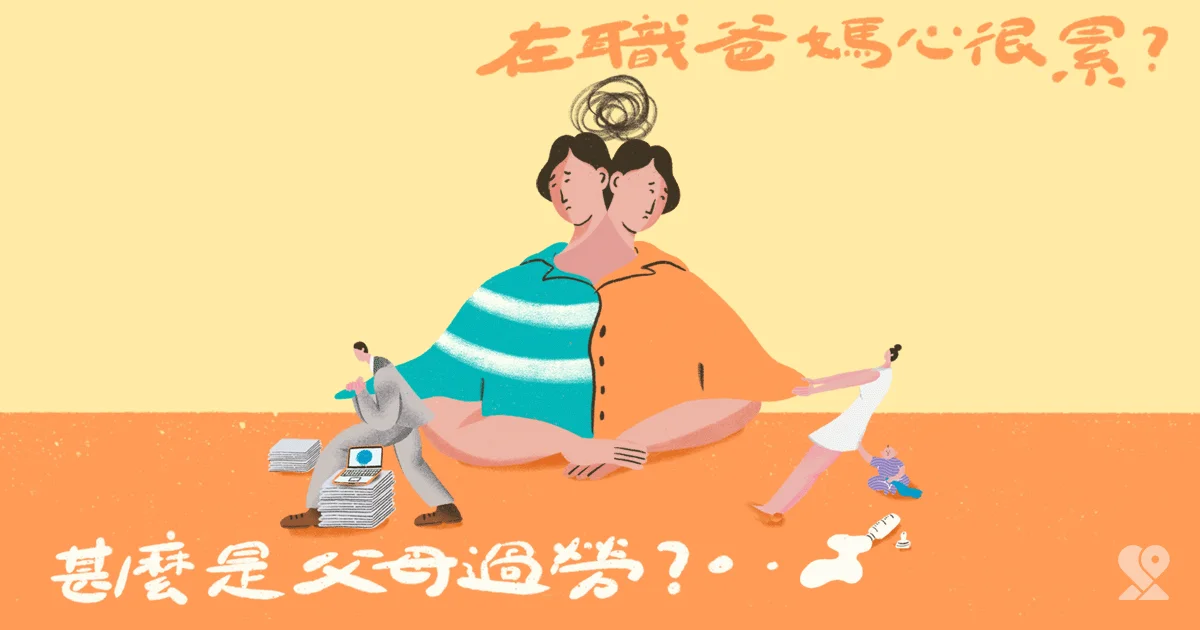
‘‘Loneliness’’ seems to be a state of mind that every human being experiences in life.
Quotes and sayings on loneliness abound in the pop culture: “Being alone is better than being with the wrong person.”; “The world's full of lonely people afraid to make the first move.” and ‘‘Loneliness is the ultimate poverty.” In fact, we all experience loneliness in different circumstances - when alone, or when we are among friends or loved ones. However ubiquitous loneliness may be, we rarely talk about it openly when we feel lonely.
There was a significant increase in Google searches for ‘‘loneliness’’ during the pandemic. For parents whose children are constantly together yet feel lonely, how can they express this private struggle and unspeakable feeling?

Commissioned by Nestle, the Kantar Group (a world data and consulting company) composed a “Parenting Index” based on data collected from over 8,945 parents of babies aged 0-12 months in 16 countries. 32% of the parents found that “although in a hyper-connected world where friends and family are only a text away, and with a baby in their arms, they feel profoundly isolated and lonely.”
Loneliness not only reflects a subjective feeling towards ourselves, it also reflects our feelings towards our family, friends, colleagues, and the overall social environment. The Parenting Index also found that the absence of pressure, financial resilience, support for working life are the three important factors contributing to parents feeling more at ease. In addition, 60% of the parents reported feeling lonely especially when “everyone has a point of view on how to raise and feed their child, whether they want to hear it or not.”
The pandemic of loneliness?
Lack of social interaction and financial security under COVID-19
A German study found that parents reported a more marked increase in loneliness compared to non-parents. Moreover, parents who are financially insecure are more likely to experience loneliness and symptoms of depression and anxiety. Daily loneliness is reported to be higher on weekdays compared to weekends partly due to the lack of non-family social activities during weekdays.
In addition, a UK study found that school closure had a negative impact on mothers’ mental health. Mothers “are more likely to report losing more sleep to worry, to feel constantly under strain; to feel like they can’t overcome their difficulties; and to feel unhappy or depressed”. School closure decreased their time to interact with friends and other parents, thus feeling alienated and lonely, losing confidence in themselves, and feeling unable to enjoy their usual day-to-day activities.
Parenting is an ongoing, lively journey with ups and downs. Although loneliness seems common, parents need not experience it in silence.

Pain is all in the mind?
The connection between emotional & physical pain
Before learning how to cope with loneliness, we may first learn the definition of loneliness in psychology. According to the American Psychological Association, loneliness is ‘‘an affective and cognitive discomfort or uneasiness from being or perceiving oneself to be alone or otherwise solitary.’’ Numerous approaches have been used by psychologists to measure loneliness, including the UCLA Loneliness Scale, developed by researchers at the University of California, Los Angeles. The scale measures one's subjective feelings of loneliness, by rating statements such as “I feel isolated from others” and “I have someone to talk to”.
Loneliness can also be reflected in our body. Dr. Naomi Eisenberger, Associate Professor in the Department of Psychology at UCLA, conducted an experiment where participants were put through an experience that they were excluded from a group. Researchers used fMRI scanners to observe their brain activity upon experiencing the exclusion and discovered that the part of the brain activated was the same part of the brain that responds to physical pain.
In fact, the sensory fibers that register physical and emotional pain overlap. So it makes sense when emotional pain such as loneliness, loss, and disappointment can create symptoms similar to physical pain, for instance headache, tense muscles, and indigestion. Overlooking chronic loneliness may lead to a burden to both our physical and mental health.

How to cultivate resilience - bounce back from setbacks
Flex your mental muscles
When facing loneliness, parents can strengthen resilience, which is the ability to withstand adversity and bounce back from difficult life events. Having regular social interactions, developing structure and discipline in life, adopting proactive problem-solving style and emotion management skills, are practical methods to improve mental resilience. Simple ways such as having a 30 mins moderate intensity exercise every day, participating in a short-term interest course, having video calls with friends, can help to build mental resilience, enabling oneself to adapt to changes and being a proactive problem solver in dealing with stress.
Besides, parents can strengthen their social networks, so as to increase sense of security and belonging, thus enhancing resilience.
-
Working parents can avoid 100% ‘‘work talk’’ with colleagues, utilizing the breaks to have small talks or even deep talk.
-
Sharing new things and experience to others, say an insightful movie on Netflix or useful apps, to create common ground.
-
Joining interest groups on social networking platforms such as Facebook, ranging from coffee lovers, street photography, to reminiscing our old Hong Kong. Having a great discussion with like-minded friends can help to relieve loneliness.

When communicating with partners and family members, positive interactions such as expressing empathy, lending an ear, sharing intriguing yet trivial stuff, or even saying a genuine ‘‘thank you’’, can inculcate understanding and communication into the core of the relationship. Single parents and parents of kids with special education needs can participate in support groups in the community. Through peer support, parents can share knowledge, experience, emotional and practical help with each other, building relationships with mutual trust and support networks gradually.
Sometimes, loneliness is like walking into a cave by yourself, the cave echoes your voice - a shout into the void. But when you step back, you can still find beautiful scenery and people out there. Allow yourself to gently embrace whatever feelings you may have now - taking care of yourself is an essential part of taking care of others.
References:
Buecker, S., Horstmann, K. T., Krasko, J., Kritzler, S., Terwiel, S., Kaiser, T., & Luhmann, M. (2020). Changes in daily loneliness for German residents during the first four weeks of the COVID-19 pandemic. Social science & medicine (1982), 265, 113541. https://doi.org/10.1016/j.socscimed.2020.113541
Cacioppo, J. T., Fowler, J. H., & Christakis, N. A. (2009). Alone in the crowd: the structure and spread of loneliness in a large social network. Journal of personality and social psychology, 97(6), 977–991. https://doi.org/10.1037/a0016076
Hawkley, L. C., & Cacioppo, J. T. (2010). Loneliness matters: a theoretical and empirical review of consequences and mechanisms. Annals of behavioral medicine : a publication of the Society of Behavioral Medicine, 40(2), 218–227. https://doi.org/10.1007/s12160-010-9210-8
Whitaker, L., Cameron, C., Hauari, H., Hollingworth, K., & O'Brien, M. (2021). What Family Circumstances, During COVID-19, Impact on Parental Mental Health in an Inner City Community in London?. Frontiers in psychiatry, 12, 725823. https://doi.org/10.3389/fpsyt.2021.725823
Nestlé Nutrition Institute. 2021. The Parenting Index (First Edition). https://www.nestle.com/sites/default/files/2021-02/parenting-index-2021-en.pdf
Denis Campbell. 31 May 2021. Covid lockdown school closures ‘hit mothers’ mental health but left fathers unaffected’. https://www.theguardian.com/society/2021/may/31/covid-lockdown-school-closures-hit-mothers-mental-health-but-left-fathers-unaffected
Ryan Jenkins. March 8, 2022. How Does the Brain React to Loneliness? https://www.psychologytoday.com/us/blog/the-case-connection/202203/how-does-the-brain-react-loneliness
The London Psychiatry Centre. June, 2021. Loneliness and Mental Health – What To Do If You Feel Lonely At Work. https://www.psychiatrycentre.co.uk/blog/loneliness-and-mental-health-what-to-do-if-you-feel-lonely-at-work/
Kevin Fryling. March 18, 2021. Self-compassion can alleviate feelings of loneliness due to remote work, IUPUI study finds. https://news.iu.edu/stories/2021/03/iupui/releases/18-workplace-loneliness-psychology-research-study.html
Abel Brodeur, Andrew E. Clark, Sarah Flèche, Nattavudh Powdthavee. May 2020. COVID-19, Lockdowns and Well-Being: Evidence from Google Trends. https://docs.iza.org/dp13204.pdf


